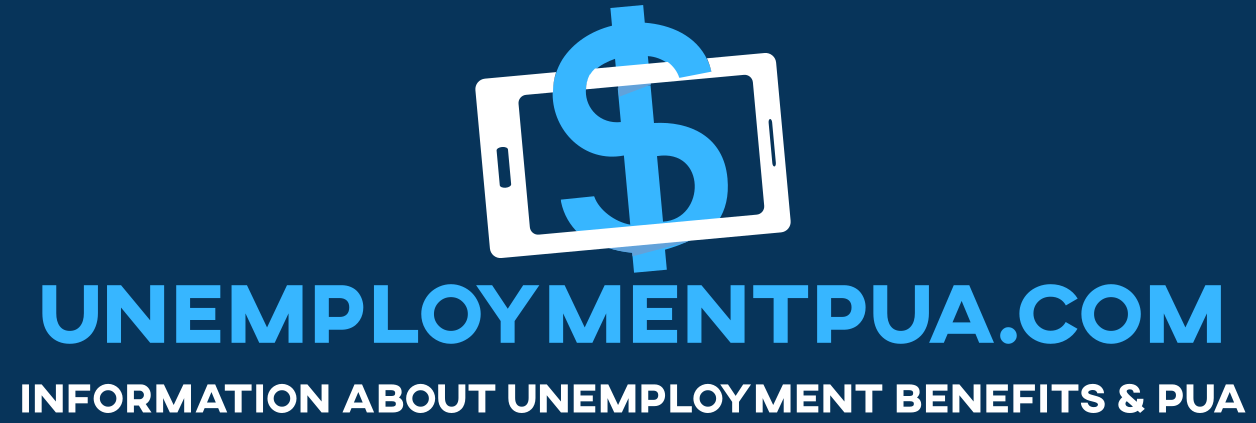$600 weekly Federal Pandemic Unemployment Compensation (FPUC) ends July 31st
By UnemploymentPUA.com Staff, Sunday, June 14, 2020
The weekly $600 FPUC (Federal Pandemic Unemployment Compensation), which is a provision established under the Coronavirus Aid, Response and Economic Security (CARES) Act, is set to expire on the 31st of July. The $600 is an extra federal weekly benefit that was added to all regular state unemployment weekly benefit amounts as well as to the self-employed under the Pandemic Unemployment Assistance (PUA).
The $600 has been an immense help for many individuals and families, in many cases making the unemployment benefits surpass what the worker earned while employed. But this fact has also been a source of criticism, opposers saying it discouraged people from returning to work since they earn more while on unemployment. As such, since many states are beginning top open up, there is little chance of the FPUC getting an extension. There are some bills in the work that instead grant a weekly benefit to those who are returning to work, but it is not known whether those will become law either.
It is important to note that July 31st is a Friday. Since the FPUC does not cover partial weeks, the week in which that date falls into won't be covered if the work week in your state ends on Saturday or Sunday. So for example in California and Massachusetts, the work week ends on a Saturday. Therefore, the last week claimants will be getting the extra $600 is the week ending July 25th. For most states, therefore, the end date of the FPUC benefit is July 25th or July 26th, for all practical manners. Check your state's unemployment handbook to see on which day of the week your work benefit week ends.
